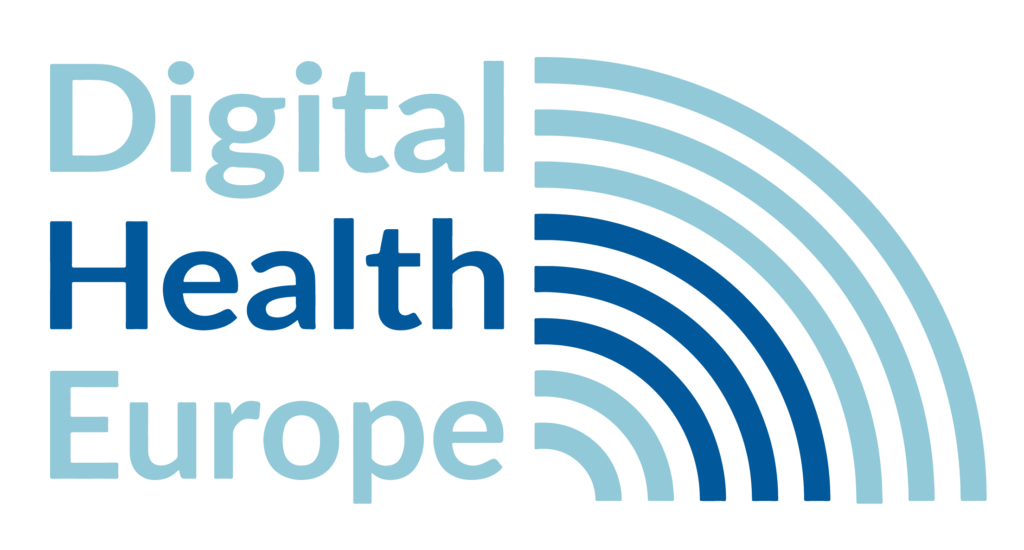Thanks to the DHE project, it has become possible to create an app for patients that may have neurocognitive alterations in order to evaluate the reflexes necessary to drive.
The DigitalHealthEurope (DHE) twinning SafeDrive enabled knowledge transfer between two partners – the Italian National Cancer Institute CRO Aviano (IRCCS CRO of Aviano) as an originator and the Croatian Poliklinika Peharec of Pula as an adopter. The digital solution of the twinning adopter is a software that collects patient data through the already existing SafeDrive app created to measure reflexes before driving.
Originally IRCCS CRO of Aviano used the SafeDrive app when there are doubts about the cognitive performances of patients taking opioid medications for pain therapy. So when a patient appears altered at the check-ups, they are tested with the app. If they don’t pass the test, the patient is subjected to VTS (Vienna Test), assisted by a medical psychologist. If they don’t pass the VTS, the psychologist inserts them into a three-month neuro-cognitive rehabilitation program. At the end of the rehabilitation, the test is repeated to check if there are further needs or not. Within the DHE twinning project, Poliklinika Peharec of Pula suggested the use of the app not only for the patients taking opioid medications but for all those who might have neurocognitive alterations. In addition to it, the Croatian partner proposed the creation of the feature that would send periodic notifications to invite the patients for the test.
During the first months of the twinning, partners carried out tests and requested the necessary modifications to refine the functionality of the app and the web platform, while also training the medical staff. By September 2021, the originator and the adopter have verified the operation of the app and the website. The contribution of both sides made it possible to develop the software necessary to follow the tests carried out by patients remotely, combined with an app to be installed on the patient’s smartphone. The app collects the data and communicates them to the platform. Staff can access data and continuously monitor progress, sending personalised notifications to users.
This way, the program enabled remoted monitoring of the patients’ status, activating a path of neurocognitive rehabilitation if the software registers the failure to pass the test several times. Thanks to this idea, it has become possible to program and complete a dedicated and specific neuro-rehabilitation, with full benefits for the user and not only on driving motor vehicles. Thus from the application in the purely oncological field of the originator, it was possible to move on to a broader health logic, thanks to the adopter’s focus on multiple pathologies. The creation of an ad-hoc software offers a free periodic monitoring service and allows data to be available to people living far away from medical care centres and people for whom no further checks are foreseen or who don’t have IT knowledge. Finally, with a minimum investment, this method could be potentially spread as a European standard of care, to implement disease prevention techniques and therefore aim to reduce health care costs, accelerating social, family and work reintegration.
